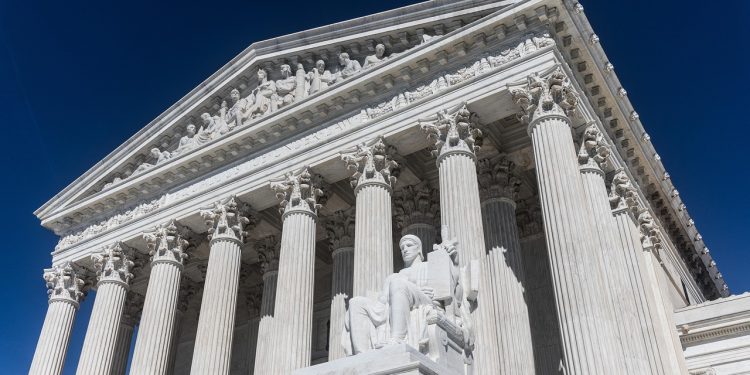The U.S. Supreme Court has delivered a landmark decision, upholding a Texas law that mandates age verification for users accessing pornography sites. This significant ruling, released on Friday, June 27 requires individuals to confirm their age using a government ID or a face scan before viewing sexually explicit content online.
The 2023 law, which was challenged by platforms like PornHub and other adult entertainment sites, faced arguments that it infringed upon constitutional free speech rights by imposing an undue burden on adults seeking legal content.
However, Texas staunchly defended the legislation, asserting its purpose was to effectively limit harm to minors. More than a dozen other states across the U.S. have enacted similar online age verification laws, making this Supreme Court decision a pivotal moment for digital content regulation.

Judicial Reasoning: Protecting Minors vs. Free Speech Concerns
In a 6-3 vote along ideological lines, the justices sided with Texas, with Justice Clarence Thomas authoring the majority opinion. Justice Thomas wrote, “The power to require age verification is within a State’s authority to prevent children from accessing sexually explicit content.”
During a two-hour hearing in January, the Supreme Court justices had appeared largely in agreement with Texas on the necessity of safeguards to protect minors from accessing sexually explicit material online. Nevertheless, they also voiced considerable concern about potentially “trampling on free speech rights” belonging to adults.
Lawyers representing the pornography websites primarily based their arguments on established legal precedent, notably a 2004 Supreme Court decision that had ruled against a federal attempt to criminalize content on the internet deemed potentially harmful to minors.
They contended that compelling users to submit identifying information, such as a government ID or a face scan, could inadvertently prevent adults from accessing these websites. This, they argued, effectively impedes their First Amendment rights.
The adult film industry’s legal filings highlighted concerns that adults submitting identification online faced risks of “inadvertent disclosures, leaks, or hacks,” raising significant privacy concerns. Critics of the law also expressed broader worries about whether such legislation could eventually be expanded to restrict other types of content intended solely for adults.
Legal Precedent and Future Implications for Online Content Regulation
Conversely, Texas lawyers grounded their defense in another key legal precedent: a 1968 Supreme Court decision, Ginsberg v. New York, which upheld a New York law prohibiting the sale of pornographic magazines to underage individuals.
State legal representatives argued that the foundational principles of that earlier law remain valid and applicable, asserting they have not changed “just because obscenity has moved online.” The Supreme Court’s decision now sets a significant benchmark for how states can regulate access to online adult content. This ruling could embolden other states to advance or enforce their own age verification laws aimed at online pornography.

















